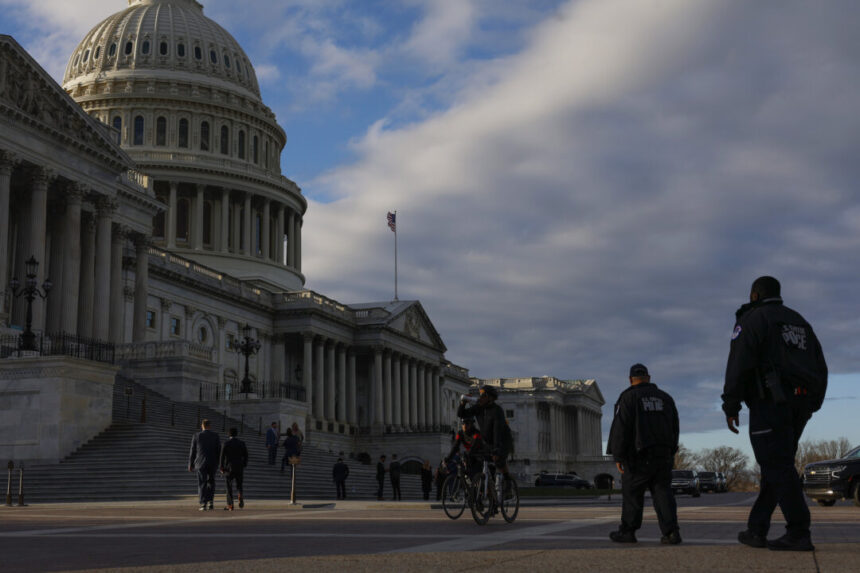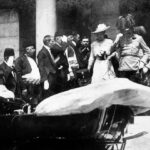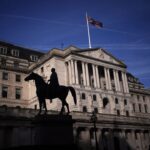The judge has ruled in favor of Rev. Patrick Mahoney, a clergyman who has long sought to pray on the steps of the U.S. Capitol building. According to Chief Judge James Boasberg of the U.S. District Court for the District of Columbia, the lower sets of steps leading to the eastern entrances of the Capitol building are considered a “traditional public forum” open for First Amendment expressions like prayers.
Rev. Mahoney’s legal battle began in 2021 when he wanted to hold a prayer vigil on the 20th anniversary of the Sept. 11 terrorist attacks on the Western Front Lawn near the Capitol building. Despite applying for a permit, the U.S. Capitol Police refused to grant him one citing security concerns following the Jan. 6 breach of the building complex.
Over the years, Rev. Mahoney challenged the Capitol Police’s decision, arguing that they engaged in viewpoint discrimination by allowing other demonstrations while denying his request. For example, he pointed out that the Capitol Police issued a permit for the American Conservative Union to hold a rally on the West Front Lawn in 2021.
Judge Boasberg, who previously ruled against Rev. Mahoney in 2021, now agrees that the clergyman should be allowed to pray on the Eastern Steps of the Capitol building. This ruling ensures that Rev. Mahoney and his followers can exercise their First Amendment rights on those steps and adjoining sidewalks without restrictions.
The Center of American Liberty, a civil rights group advocating for Rev. Mahoney, celebrated the victory over the restrictions placed by the Capitol Police since the Jan. 6 incident. They emphasized that every American should be able to exercise their right to free speech on the U.S. Capitol Grounds.
Overall, the court’s decision marks a new era for demonstrations and free expression on the U.S. Capitol Grounds. Please rewrite this sentence.
Source link





